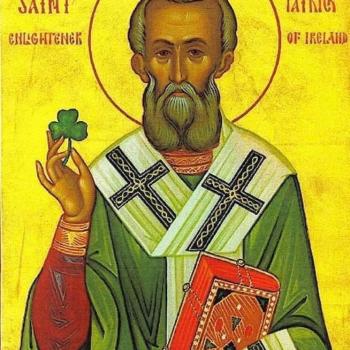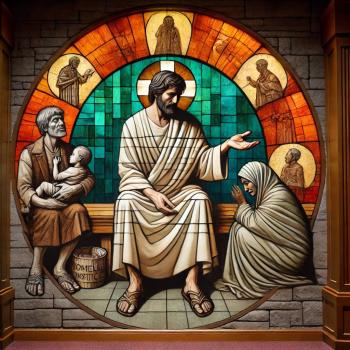I wrote about the Bible previously. So, this is a little more about the Bible.
A great deal of energy is dedicated to the Bible. A collection of writings that didn’t exist in its current form for more than the first 300 years of Christianity. And for more than 1,200 years after that, the only Bibles were hand-worded in a world with nearly universal illiteracy.
God and Jesus did just fine, for a very long time, without a commonly accessible Bible.
Modern dedication to the Bible reduces the Creator to the pages of a book and moves us further from the presence of the Divine in nature, in ourselves and in others.
Seeking to limit God to a book, a verse, a page, a room, a building or a denomination is an artificial, man-made effort, divorced of the Supernatural. And if God is anything, God is Supernatural. (Gender neutral language doesn’t apply here, because these are man-made institutions, with nearly no women involvement for much of history.)
If you believe that God created everything, forever, so that you will read the New King James Version of the Bible, then you’ve missed the point of Jesus.
Does the God that created bees, and love, and black holes, and rainbows and the deepest yearnings of our soul really care if you read an approved translation of the Bible?
Speaking of translation, in Jewish scripture, God is repeatedly described as “I am.” But that translation can create an impression of permanence, or worse yet, stagnation. A better translation is “I am becoming” or “I am becoming what I am becoming.” This more accurately reflects scripture and it describes a God of creation and movement, more powerful than a building, book or denomination.
Like the changing seasons and the natural world, each of us is busy being born, growing, flourishing and decaying. Like God and the world, we aren’t created to remain unchanged like a church dogma, doctrine or creed.
This is the deeper message of the Bible and of the Celtic Christian tradition — We were born to be reborn, to grow and flourish throughout every stage of life. We are to become, just like the God who created us.
The message of the Bible is that God is calling us to become who God created us to become. This is more important than any church or theology or interpretation of the Bible.













